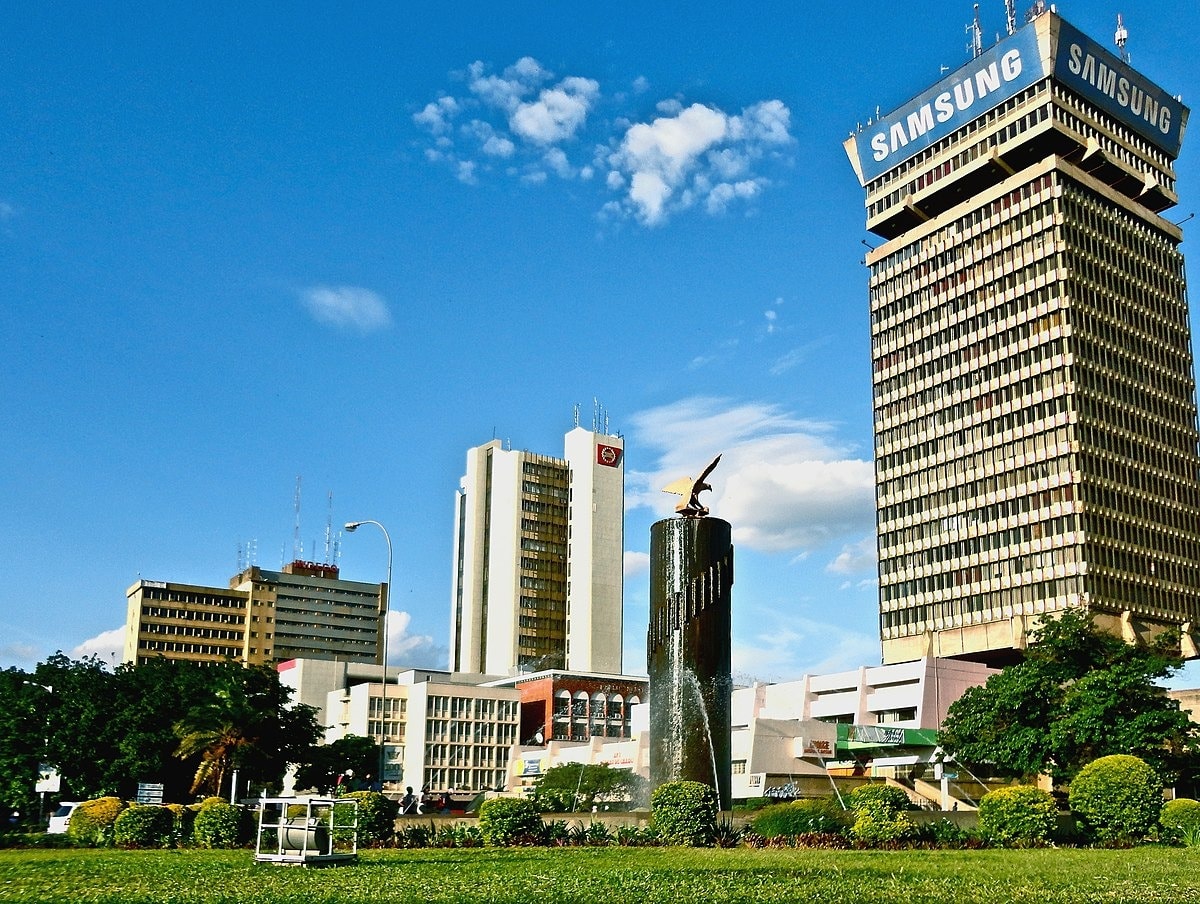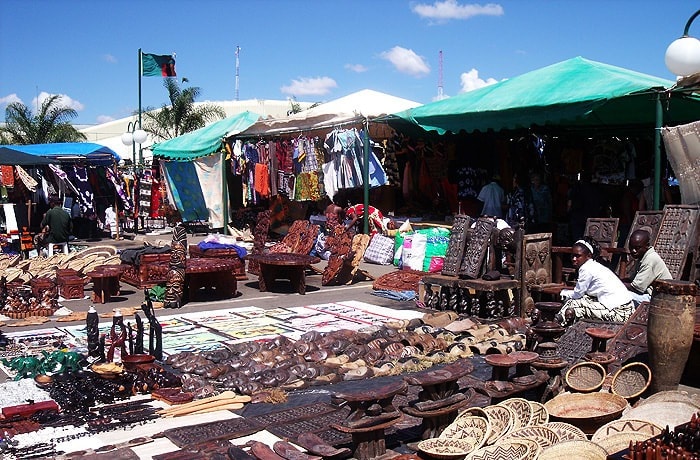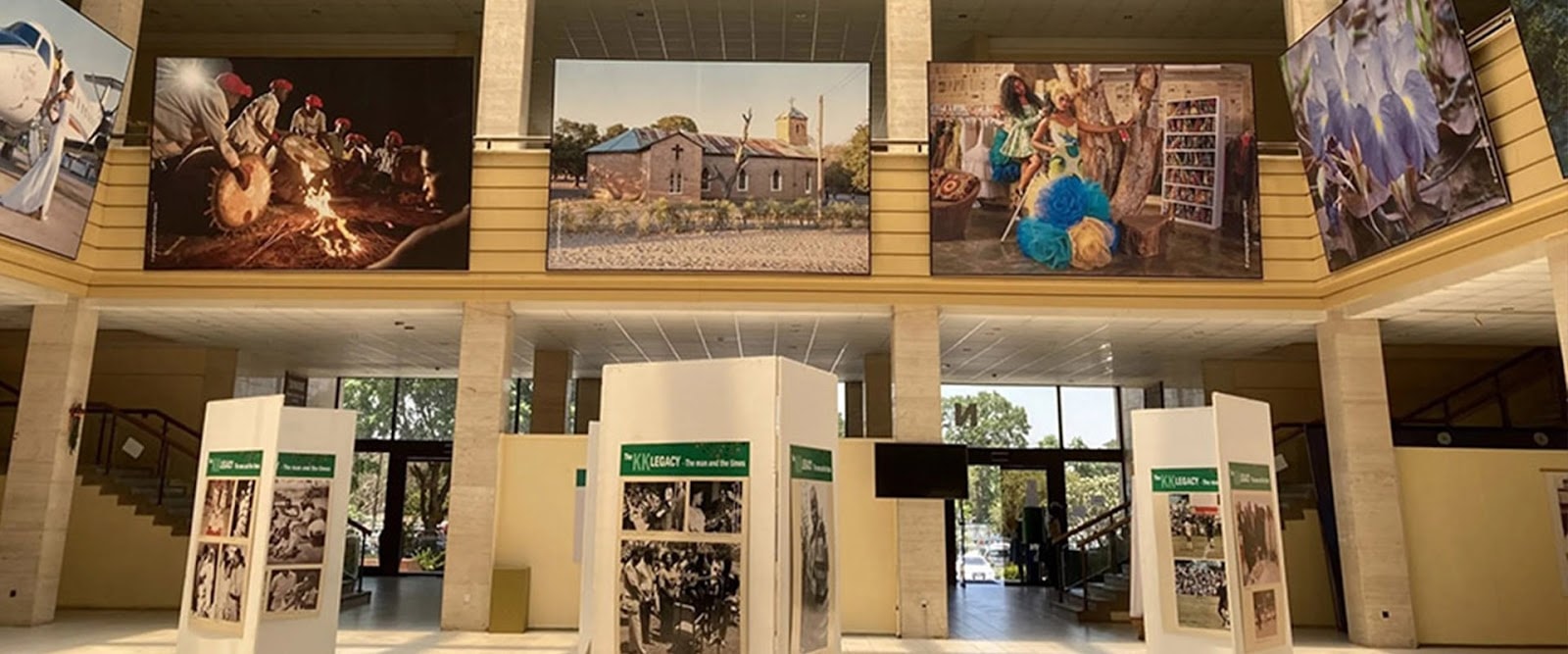
Lusaka, the lively capital of Zambia, is more than just a city—it’s the cultural and economic heartbeat of the nation. As one of the fastest-growing African cities, Lusaka blends tradition and modernity with bustling markets, vibrant nightlife, and rich cultural attractions. For travelers, it offers a central location, unique experiences, and access to Zambia’s most iconic destinations.
Lusaka: The Capital of Zambia
Lusaka, Zambia is the largest city in Zambia, home to over 3.3 million people. Situated at an elevation of 1,279 meters, the city lies at the crossroads of major routes like the Great East Road, Mongu Road, Kafue Road, and Great North Road, linking it to other countries across Southern Africa. The city's rapid growth has made it a focal point for commerce and governance. Governed by the Lusaka City Council, the city remains the country’s hub for politics, business, government offices, and services.
Its central location makes Lusaka a natural gateway, supported by Kenneth Kaunda International Airport, a railway line, and reliable public transportation with taxis, larger buses, and domestic flights to the north, east, south, and west.

Introduction to Lusaka
Lusaka, the vibrant capital city of Zambia, stands as the heartbeat of the nation in the southern region of Africa. As the largest city in the country, Lusaka is a dynamic centre where government, commerce, and culture converge. Its prime location at the crossroads of major routes has established Lusaka as a key gateway for trade and travel throughout southern Africa, drawing people from every corner of Zambia and neighboring countries. The city’s energetic atmosphere is fueled by a diverse population and a thriving marketplace culture. Visitors are welcomed by the lively Lusaka City Market and the bustling Soweto Market, where stalls overflow with everything from traditional clothing and handcrafted goods to an array of local food. Whether you’re exploring the city’s vibrant markets or experiencing its modern amenities and essential services, Lusaka offers a unique blend of tradition and progress at the very centre of Zambia’s story.
Main Attractions
Soweto Market & Lusaka City Market
Bustling with vendors, these markets are at the core of daily life. Here, visitors can explore traditional crafts, fresh produce, and street food while soaking in the energy of one of Africa’s busiest marketplaces.
Manda Hill Shopping Centre & Arcades Shopping Mall
For a modern contrast, Lusaka’s premier malls feature international brands, stylish cafés, and entertainment options. Arcades Shopping Centre also transforms into a weekend craft market, offering souvenirs and artwork.

Findeco House
Findeco House, one of Lusaka's tallest buildings, stands as a prominent feature of the city skyline and a hub for business activity.
National Museum & Kabwata Cultural Village
The National Museum showcases Zambia’s history from the Northern Rhodesia era to independence, while Kabwata Cultural Village brings the traditions of Zambia’s different ethnic groups to life with dance, crafts, and performances.

Local Insights
Lusaka is a melting pot of cultures where Town Nyanja serves as the common lingua franca. The city thrives on its mix of tradition and modernity—civil servants in government offices work alongside artisans in the city centre, while lively streets like Cairo Road and Independence Avenue pulse with activity.
Local neighborhoods such as Rhodes Park and venues like Lusaka Club highlight the city’s social scene, while traditional dishes such as nshima with grilled meat remain at the heart of family meals.
Tips for Visitors
- Best Time to Visit: May–August (cool dry season) is perfect for sightseeing, while September–November is great for nightlife and shopping.
- Transport: Use taxis or larger buses for ease. For longer distances, domestic flights connect Lusaka to regions like the Eastern Province.
- Food & Drink: Sample nshima, smoked fish, or chikanda at local restaurants.
- Safety: Lusaka is welcoming, but exercise caution in crowded areas like informal settlements and busy markets.
Additional Insights
Like Harare in neighboring Zimbabwe, Lusaka has played a pivotal role in the region’s colonial and post-independence history. Day trips from Lusaka expand the adventure. Families can explore Kalimba Reptile Park and Munda Wanga Environmental Park, while Lilayi Lodge offers a serene retreat. The city’s growth reflects its importance not just to Zambia, but to tourism and commerce across Africa.
From the bustling city markets to the calm of nearby parks, Lusaka captures the essence of Zambia: vibrant, diverse, and welcoming. Whether you’re here for business, culture, or adventure, the capital offers experiences that reflect the richness of Zambia’s different ethnic groups and its role as one of the most dynamic African cities. Ready to discover it yourself? Plan your visit today!



.svg)




